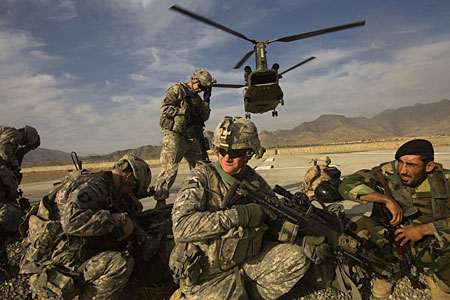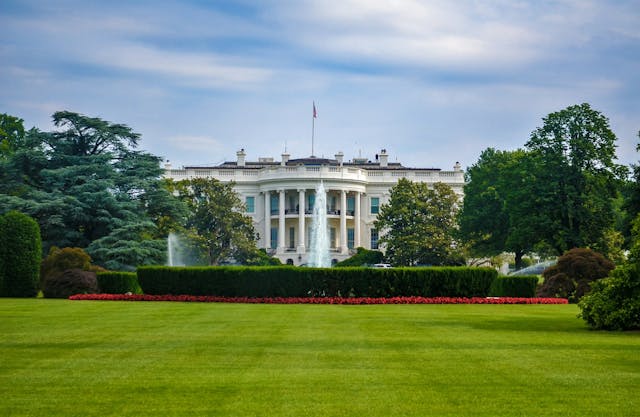Afghanistan & the Struggle with Central Governance

Last October, the War in Afghanistan reached its 10-year anniversary. Our invasion of Afghanistan was launched as a direct result of the events of 9/11, with a goal to eradicate Osama bin Laden, al-Qaeda, and the various terrorist factions based there. Rushing headlong into the fray, driven by a righteous fervor to exact revenge or at least put an end to the Taliban government, the U.S. was determined to ensure Afghanistan would no longer harbor threats to international security. Ten years later, the U.S. and Coalition Forces are still needed in Afghanistan to prop up and hold together a ramshackle coalition government.
As any student of the region will tell you, throughout its history, Afghanistan as a country has never been more than a loose confederation of competing tribal factions and ethnic groups. As a crossroads between Central Asia and the Middle East, Afghanistan has seen its share of invasions from Alexander the Great to our present U.S. forces, and served as a chessboard for the British and Russian empires of the 19th and early 20th centuries in their “Great Game.” Yet, in all that time, the people of Afghanistan united only when it became necessary to do so, in order to throw off the yoke of its foreign invaders. This then begs the question, are we on a fool’s errand?
During this election cycle, the topic of Afghanistan has already surfacing in the war of words between President Obama and his likely opponent, former Governor Mitt Romney. However, is Afghanistan alone really the issue?
As Afghanistan’s neighbor to west, Iran’s increasingly aggressive rhetoric and attempts to secure nuclear arms pose a growing area for concern. Bordering Afghanistan to the east, Pakistan already possesses nuclear arms and a chaotic decentralized government. Both countries exhibit either open hostility or marked indifference to the U.S. Both countries harbor extreme Islamic factions willing to use any means to advance their causes. Like it or not, Afghanistan appears poised to once again serve as a strategic chessboard.
In 2004, I served as the U.S. Department of State representative on a Provincial Reconstruction Team (PRT) in central Afghanistan. The job of the PRT was to bring some sense of order and stability to the region. To accomplish this, the PRT instituted a number of building and regional improvement projects, all the while meeting with local warlords in an attempt to get them to lay down their arms. My job was to sell the idea of central government to them. I soon learned how the Afghan people had survived for so long in the face of so many foreign invasions--they were the ultimate opportunists, saying whatever we wanted to hear in order to receive our largesse. All along, their allegiances never wavered from their tribes and ethnic groups. Central government meant nothing to them in their daily struggles.
Why then, do we think this latest attempt to form a national government will succeed? Hopefully, the generals in the field and policy-makers in Washington know the answer--it will not.
History shows us the opportunistic culture of the Afghan people has served them well over the centuries and despite our best efforts, chances are the Afghans will continue to do what serves them best. Any thoughts that the Afghans will not cozy up to whoever offers them the best deal after the U.S. withdraws from Afghanistan, are naïve at best. Iran and Pakistan despite their bellicose natures, are still sovereign states subject to pressure from the international community. If we allow Afghanistan to again devolve into a lawless tribal region, this will allow those radical elements in Iran and Pakistan that we are so concerned with, to play out their nefarious machinations in an area free from any international leverage. We are damned internationally if we leave Afghanistan, and damned domestically if we do not. I only hope the current and any future administrations read their history books before deciding whether U.S. forces should remain or withdraw from the new Great Game.




